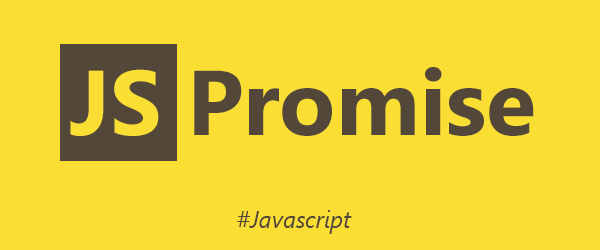ECMAScript 2020, the 11th edition, introduces the Promise.allSettled, a new Promise combinator that does not short-circuit; And Promise.any is scheduled to be supported in ES2021 standard. The two new features are inroduced five years after Promise.all and Promise.race functions which were introduced in ES6(2015). The four combinator functions will make a more complete implementation of Promise for different asynchronous use cases. Status of a Promise A settled promise means that it is not pending, i.e. it is either fulfilled or rejected. Promise.all The Promise.all() method takes an iterable of promises as an input, and returns a single Promise that resolves to an array of the results of the input promises. This returned promise will resolve when all of the input's promises have resolved, or if the input iterable contains no promises. It rejects immediately upon any of the input promises rejecting or non-promises throwing an error, and will reject with this first rejection message / error. Promise.all will shortcut on the first rejected promise, so we cannot get any resolved data/status once a promise is rejected even when some promises have already been resolved. In order to get all the results(including status) of each promise after call Promise.all, we need to add a new function to return a new promise( promise.then() ), and return a new value with the status known in promise.then (either through the resolved branch or the rejected branch). Then iterate the results and filter the status after call Promise.all. Promise.allSettled The similarities and diffrences with Promise.all: They both receive an array of promises, and return a…
Troubleshoot unstable site access caused by wrong tcp socket recycle setting
Four steps to add Google Fonts in Tailwind CSS
A note-taking of using Webpack 5.x
ESLint & Prettier: Enable semi option without complaints
Understand git HEAD from git internals
Fix XAMPP mysql start issue: /opt/lampp/bin/mysql.server: 264: kill: No such process
Troubleshoot unstable site access caused by wrong tcp socket recycle setting
New Promise functions: Promise.allSettled(ES11/2020) and Promise.any(ES12/2021)
Build an audio fragments merger with gui for qlive App courses
Shell:通过实例理解Bash命令替换和命令行处理流程
VoIP:Asterisk/Freepbx-No audio for established sip calls and call drops after 30 seconds 两条命令解决Asterisk通话无声音、30秒自动挂断的问题
Understand git HEAD from git internals
Categories
